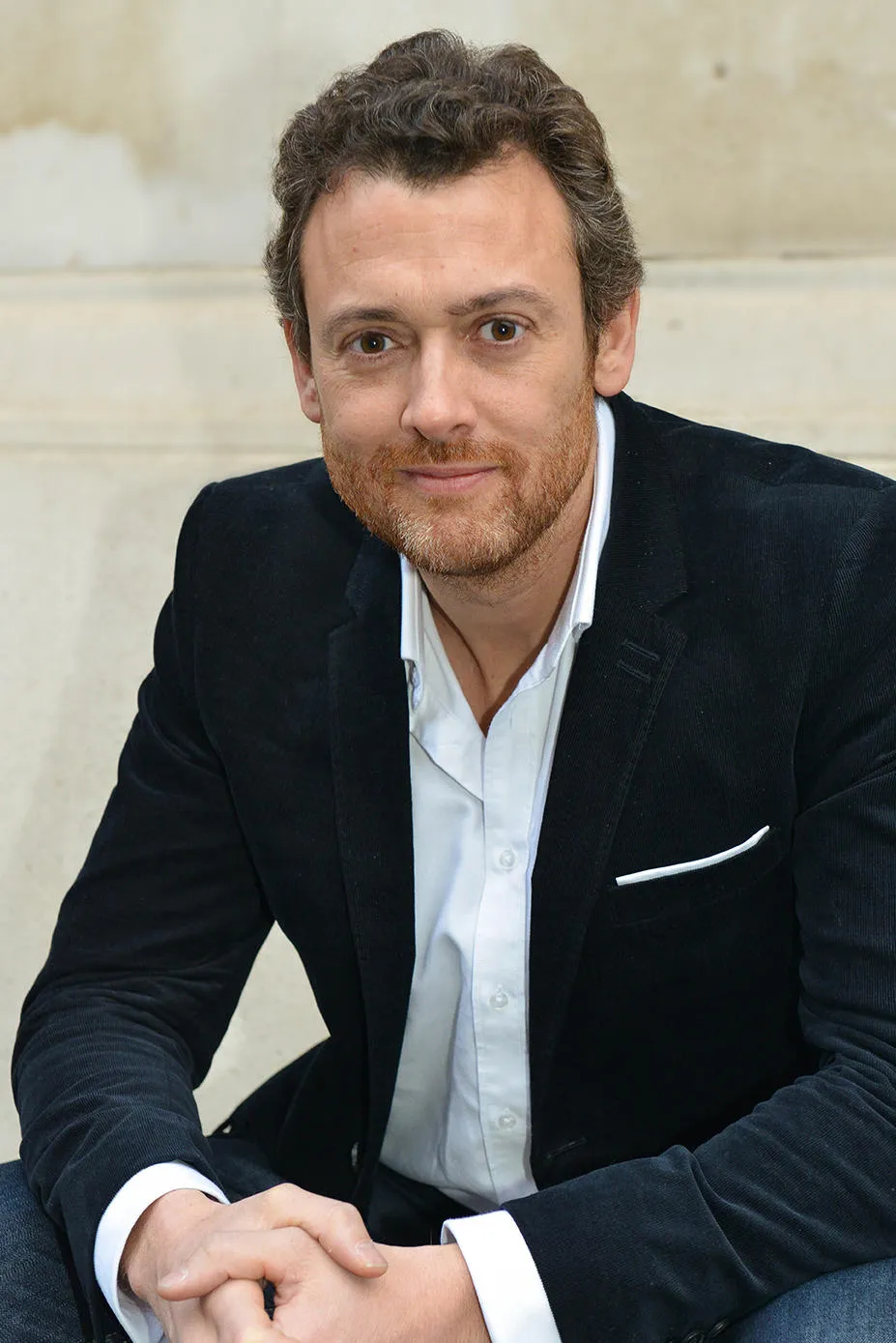 Principal investigator for the R4HC project Professor Richard Sullivan, from the School of Cancer & Pharmaceutical Sciences
Principal investigator for the R4HC project Professor Richard Sullivan, from the School of Cancer & Pharmaceutical Sciences
The report notes the health sector – a key public good and a potential stabilising force - is on the verge of collapse: a severe lack of medications across frontline health services; the departure of thousands of staff from the health workforce; and the dwindling finances and basic operational resources needed to keep the system going. Thousands have abandoned the health system due to costs. The report authors argue this threatens to create a public health disaster.
Multiple attempts have been made by the World Bank, United Nations and European Union to strengthen and reform the Lebanese public health care system. However, this has been met by political management keen instead to bolster the private health care industry from which many Lebanese politicians have benefited financially. Above all the Lebanese population do not trust the political system or government to run any public services.
Dr Fouad M. Fouad the project lead in Beirut said: “When you look at how Lebanon became a ‘sick nation’ it is even more depressing considering that they were spending between 8 to 10 percent of GDP on health care. This is like what many European countries spend.”
Lebanon is not unique in terms of its political ruling class giving low priority to the health and the wellbeing of its citizens.
Dr Coutts added: “It’s on the extreme end of the political neglect and market failure spectrum.”
Typically health and social welfare policies across the region are concerned with profit and cure rather than access and prevention. Little thought is given to preventive healthcare. Regional governments have given lip service to donor calls to implement universal health care policies.
What next?
Any form of social and economic recovery is going to be challenging. The future for millions of Lebanese and refugees stuck in the country looks bleak.
International donors and multilateral agencies have urged all interested parties to ‘find opportunity in the present crises’. However, as Dr Fouad M Fouad states, “The first thing that needs to happen is that clear political commitments are given to securing the health and wellbeing of the Lebanese and refugees. Just signing a WHO declaration on Universal Health Care is not enough.”
The authors propose a series of policy options to stabilise the health system such as creating a more balanced health and welfare system which means reducing the reliance on the private sector. Donors and multilaterals need to focus future investment on state based public healthcare and welfare sectors not propping up a wholly privatised system where the proceeds go into the pockets of politicians. This will provide a much-needed buffer against future crises for the millions who lack insurance or sufficient incomes.